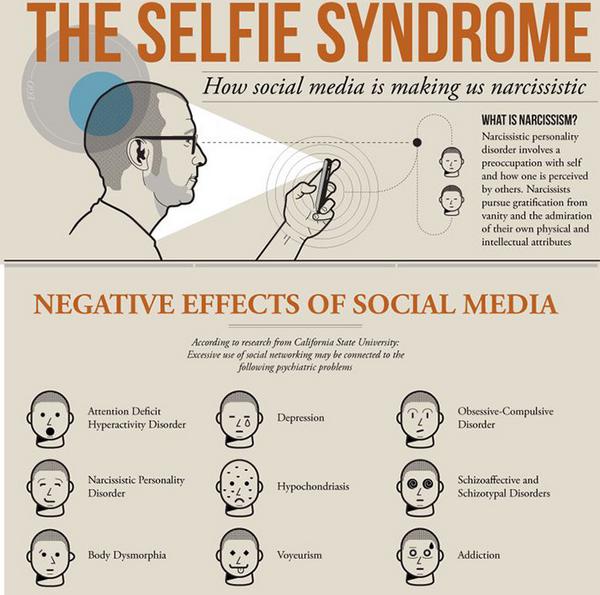I prepared a summary to introduce you to this topic:
The crucial brain reward neurotransmitter activated by addictive drugs is dopamine, specifically in the “second-stage” ventral tegmental area to nucleus accumbens link in the brain’s reward circuitry. This has been learned over many decades of research, and is based upon many congruent findings.
When we crave something, it signals our brain’s demand for a substance or action linked to pleasure or alleviation of discomfort. This demand triggers the release of neurotransmitters like dopamine, which stimulates the brain’s reward pathways, creating a compelling urge for the craved item or activity.
Animal studies have shown that when cortisol is released with chronic stress, changes in the brain’s response can lead to lower dopamine levels and increased cravings. Stress has also been associated with increased levels of the hormone ghrelin, again causing stronger cravings.
Today, Crystal meth releases more dopamine in the brain compared to any other drug. Dopamine is a brain neurotransmitter that serves a number of functions, including the feeling of pleasure. When crystal meth leads to a powerful surge of dopamine in the brain, people feel motivated to seek it out again and again.
Additionally, the intensified dopamine response in the brain that mood-altering drugs produce does not naturally stop once the behaviour is initiated or completed (as is the case with natural reward behaviours such as eating or having sex); as a result, cravings for the rewards associated with the drug continue to occur.
Dopamine affects movement, emotion, learning, reward, and executive functions. High levels may result in impulsiveness and aggression, while low levels may lead to tiredness and a lack of motivation.
High dopamine symptoms include anxiety, excessive energy, insomnia, and hallucinations. Low dopamine levels are associated with brain fog, mood swings, and muscle spasms.
When we constantly overstimulate ourselves with things like excessive screen time, gaming, and unhealthy eating, it can lead to issues like addiction and poor mental health. During a dopamine detox, you have to avoid activities like social media, gaming, junk food, and even work.
Engage in Natural Dopamine-Boosting Activities: Physical exercise, meditation, exposure to sunlight, engaging in hobbies, and listening to music can naturally increase dopamine levels. These activities not only help in elevating mood but also in reducing cravings.
*Seeking for more info & help? Visit https://www.uk-rehab.com/addiction/psychology/reward-system/
Dr. Andrew Huberman discusses the science of addiction, focusing on the role of dopamine to understand why quick rewards make addiction so hard to combat. Dr. Andrew Huberman is a tenured professor of neurobiology and ophthalmology at Stanford University School of Medicine and host of the Huberman Lab podcast.
Dr. Andrew Huberman discusses the dopamine-driven cycle of craving and motivation.

